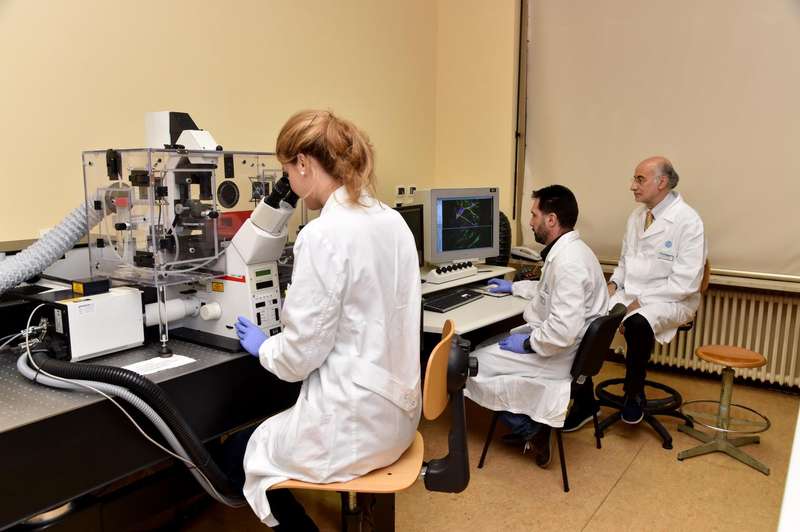Brain-boosting Molecular Trigger Found Using Electrical Stimulation
 The Office of Naval Research (ONR) Global sponsored a new mouse study that has the potential to advance the way people learn and make connections.
The Office of Naval Research (ONR) Global sponsored a new mouse study that has the potential to advance the way people learn and make connections.
For the study, researchers used Transcranial Direct Current Stimulation, also known as tDCS, on mice for a single 20-minute session. The technique delivers short surges of very low-intensity electrical currents through small electrodes placed on the scalp. Following the electrical stimulation, the mice showed evidence of improved memory and brain plasticity by navigating a water maze and distinguishing between familiar and unfamiliar objects. The intellectual boost last about a week.
The findings were published in Scientific Reports [1].
Although tDCS, which is a noninvasive form of brain stimulation, has been used to treat disorders such as stroke and depression, the new research is one of the few to find a direct link between the technique and improved plasticity.
The team, led by Dr. Claudio Grassi of the Catholic University Medical School in Rome, found increased synaptic plasticity in the hippocampus which is a part of the brain that is important to memory processing and storage.
“In addition to potentially enhancing task performance for sailors or marines,” ONR Global Commanding Officer Capt. Clark Troyer said in a prepared statement, “understanding how this technique works biochemically may lead to advances in the treatment of conditions like post-traumatic stress disorder, depression and anxiety – which affect learning and memory in otherwise healthy individuals.”
The researchers also discovered at a molecular level, why memory and plasticity were elevated. It was due to increased production of brain-derived neurotrophic factor, BDNF, which is a protein that is critical for brain growth and neuronal development.
“While the technique and behavior effects of tDCS are not new,” ONR Global Associate Director Dr. Monique Beaudoin said in a prepared statement, “Dr. Grassi’s work is the first to describe BDNF as a mechanism for the behavioral changes that occur after tDCS treatment. This is an exciting and growing research area of great interest to ONR.”
In another study, researchers from the Rush University Medical Center in Chicago examined the role of BDNF and found it has potential neuroprotective effects and may slow cognitive decline.
Read more on that story here [2].
Beaudoin said ONR Global wants to investigate interventions that can keep marines and sailors healthy and help them perform optimally in what can be physically and cognitively taxing environments.
R&D; 100 AWARD ENTRIES NOW OPEN:
Establish your company as a technology leader! For more than 50 years, the R&D; 100 Awards have showcased new products of technological significance. You can join this exclusive community! Learn more [3].